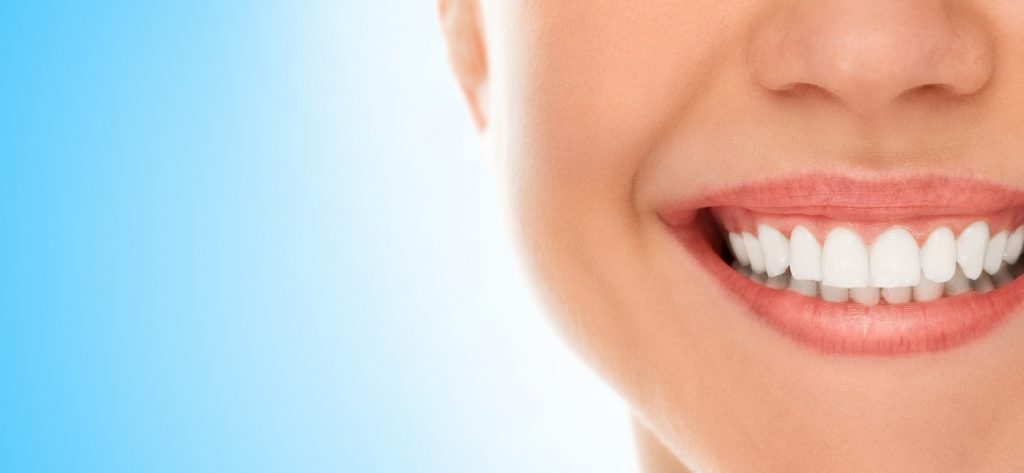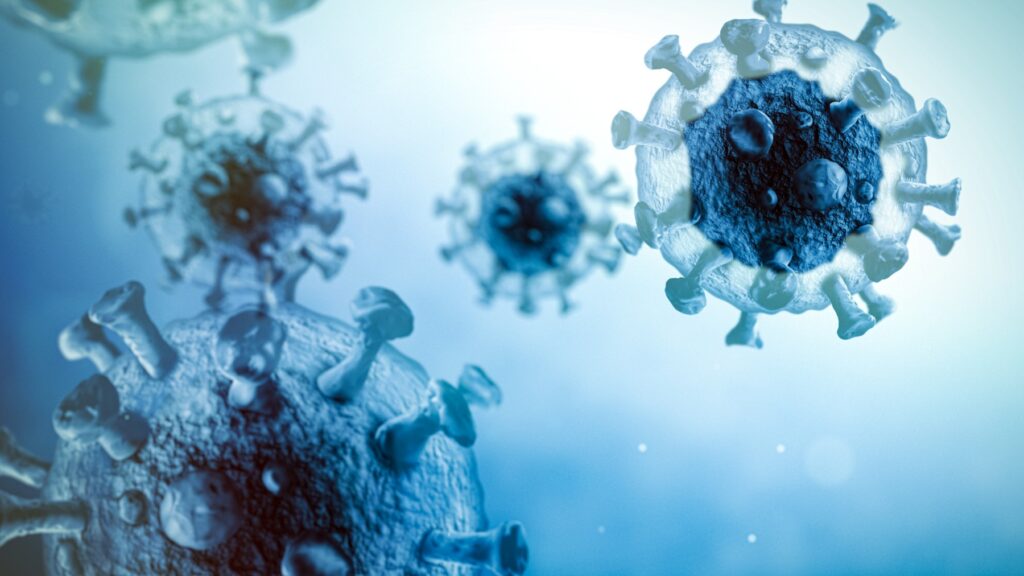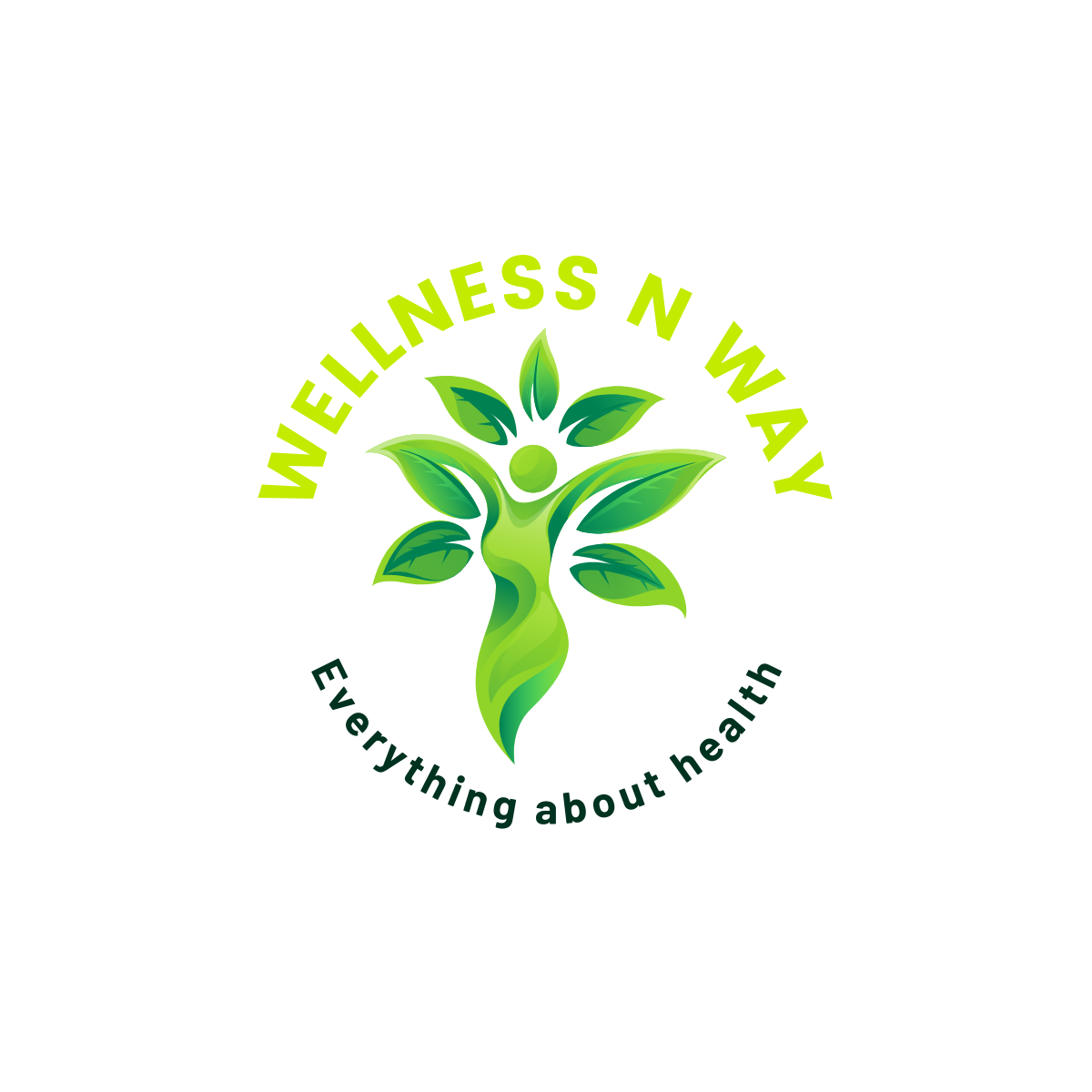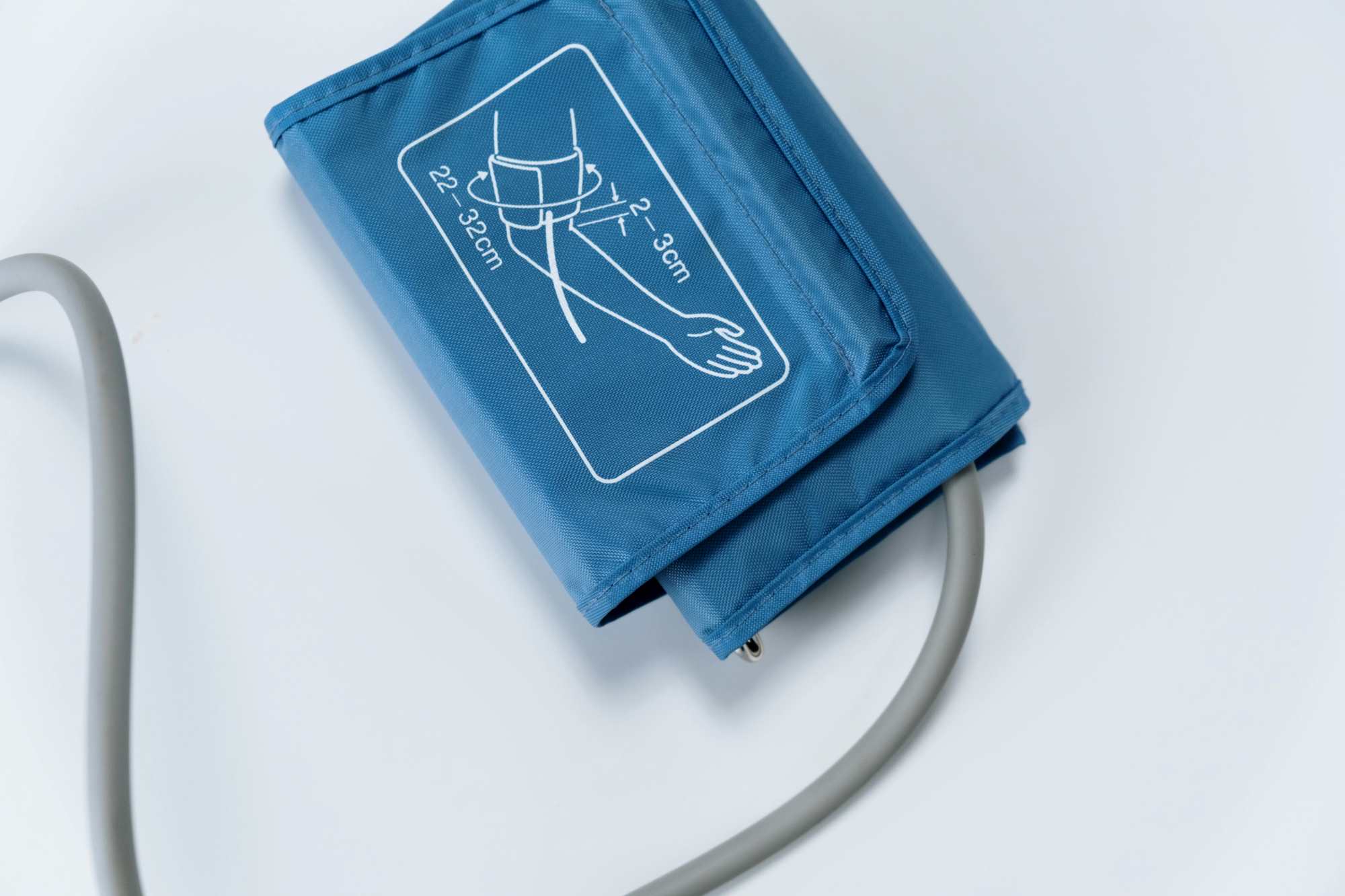Key Facts
- Propolis is a resinous substance collected by bees from plants and trees.
- Rich in flavonoids and many other compounds, it offers many potential health benefits.
- Potential uses include wound healing, oral health, cancer risk, chronic disease, and more.
- Propolis is available in different forms and dosages may vary according to individual needs.
- Consult your doctor before using it, as it may cause allergic reactions or interact with medications. The product is said to have many potential health benefits.
This unique compound comes from the sap of trees and plants together with beeswax and saliva. In this article, we look at the scientifically proven potential health benefits of the product, its sources, and potential safety concerns.
Finally, we answer some frequently asked questions about this topic.

What is propolis?
It is a sticky product that bees collect from the buds and sap of trees. Bees use it to seal cracks in the hive and keep their home clean.
Origin of Propolis
Bees make it, it’s also known as “bee glue”. They use it to build and maintain their nest. They collect sap from plants and trees and mix it with saliva and beeswax.
Composition of propolis
Propolis is complex. The product consists of more than 800 different compounds. It all depends on which plants and trees the bees visit. It contains flavonoids, phenolic compounds, amino acids, minerals, and vitamins. Flavonoids help the body fight damage caused by free radicals.
How do bees use propolis?
The use of the product in the nest is for several reasons. Bees use the propolis in the hive to fill with it and cracks. And that’s not all. It also helps maintain a sterile environment in the nest. Thanks to its bacterial properties, it ensures the safety of the bee colony.

Did you know?
- Bees’ product has an immunomodulatory effect on bee cells, which reduces the expression of antimicrobial genes.
- Queens equipped with propolis are more productive and have fewer disease symptoms.
- Accumulation of this material in colonies improves social immunity and disease resistance of bee compounds in it.
Because of its various compounds, it offers many therapeutic properties. Consider properties such as antibacterial, antifungal, and anti-inflammatory.
There is evidence that it can even help fight cancer.
Flavonoids
Flavonoids play an important role in propolis. They are powerful antioxidants. They support our health by fighting harmful free radicals.
Phenolic compounds
Similar to flavonoids, the phenolic compounds of propolis also contain antioxidants. They also have antibacterial and anti-inflammatory properties. In particular, these compounds increase the general healing power.
Amino acids
Propolis is rich in several essential amino acids. These acids are essential for the production of proteins and the functioning of cells in the body. They support overall health and can help the immune system.
Minerals
It contains minerals such as calcium, magnesium, potassium, and zinc. They play a key role in maintaining bone health, nerve function, and enzyme activity.
Vitamins
It also contains vitamins A, C, and E. They can help keep the skin healthy, support the immune system, and improve overall health.

Potential Health Benefits of Propolis
Enriched with beneficial compounds, It offers many health benefits.
Wound repair
Propolis has shown good results in wound repair and healing. Its antimicrobial, anti-inflammatory, and antioxidant properties are responsible for this. One study showed that applying it to wounds helped the growth of new skin cells. It also reduces inflammation and helps in recovery.
Speed up the healing process
Flavonoids can help speed up wound healing. Propolis helps repair tissues by preventing the growth of harmful microbes and reducing inflammation.
Oral and Genital Herpes
Creams have shown promise in the treatment of oral herpes and genital herpes. They do this under the control of the herpes simplex virus (HSV). Studies show that propolis not only reduces HSV infections. It also protects against future explosions.
Antiviral
Propolis has antiviral properties that can help reduce the growth of HSV. This reduces the symptoms and shortens the duration of the epidemic.
Immune response regulation
As an immune response modulator, propolis has shown promise in supporting the immune system. This in turn reduces the risk of HSV-related problems and increases our body’s defenses against viruses.
Oral health
Propolis is gaining fame for its use in oral health. It helps with plaque, gingivitis, and tooth decay. Its antibacterial properties can reduce the amount of harmful bacteria in the mouth. It promotes general oral hygiene.

Reduce plaque
Studies show that propolis can help prevent the formation of plaque. Plaque is a bacteria that accumulates on the teeth and causes tooth decay. By preventing the formation of plaque, propolis can keep teeth and gums healthy.
Reduce the risk of gingivitis
Gingivitis is a common oral disease caused by inflammation of the gums caused by a bacterial infection. The anti-inflammatory and antimicrobial properties of propolis can help fight harmful bacteria in the mouth, reducing the risk of gingivitis.
Reduce the risk of tooth decay
Tooth decay can be prevented by reducing the bacteria that cause plaque and gum disease. Daily use of propolis-based oral care products can be a good protection against dental caries.
Cancer
Early research shows that ithas anti-cancer properties. These include stopping the growth of cancer cells and strengthening the immune system. We need more research to confirm these results. But for now, it shows promise in helping certain types of cancer.
Inhibition of the growth of cancer cells
Certain compounds in propolis, such as the phenethyl ester of caffeic acid, have been shown in laboratory studies to inhibit the growth of cancer cells. More research is needed, including human trials, but early results are promising.
Strengthen the immune system
By supporting the immune system, it can slow the progression of cancer. A strong immune system is key to targeting and eliminating abnormal cells before they turn into tumors.
Chronic diseases
The product has several properties that can reduce the risk of chronic diseases. These include reducing inflammation and antioxidant activity. By controlling the body’s inflammatory response and neutralizing free radicals, propolis can help prevent or manage a variety of health problems.
Reduce inflammation
Propolis has shown anti-inflammatory effects in animal and cell studies. Since inflammation is a factor in many chronic diseases, propolis can reduce the negative effects of inflammation on health.
Antioxidant properties
Antioxidants in propolis neutralize harmful free radicals. These are substances that can cause chronic diseases such as heart disease and diabetes. It can therefore support general health and well-being.
Cardiovascular Effects
Some studies show that propolis can reduce the risk of heart problems and stroke by improving blood lipid levels, regulating blood pressure, and supporting overall heart health.

Diabetes management
Early research suggests that propolis may help treat type 2 diabetes by regulating blood sugar. However, more human studies are needed to investigate its potential benefits.
Strengthen the immune system
Propolis shows a lot of potential as an immune response modulator. It supports the body’s extraordinary defense against infections and diseases. It can help fight chronic diseases. More scientific research is needed.
Where to get propolis?
Propolis has gained popularity for its many health benefits. It comes in many forms, including pills, liquids, and creams.
Forms and sources of propolis
You can buy propolis wax at health stores, supplement stores, and online platforms. It comes in various forms such as pills, liquid extracts, and ointments or creams.

Things to consider before buying
Before buying it, make sure that the product and manufacturer adhere to high standards of quality and purity. Check if the tags have been tested by third parties. This can give you more confidence in the safety and quality of the product.
How is propolis used?
The use of propolis depends on its form and purpose. When using it for the first time. Be sure to discuss this with your doctor. Follow their advice on dosage and use.
Different forms of propolis are available
Whether you eat propolis or apply it to your skin, remember to choose the right form. If you want to improve your oral health, consider propolis mouthwash or toothpaste. For skin applications such as wound care, choose an ointment or cream containing the product. If you plan to eat it, choose tablets, capsules, or liquid extracts.
Dosage and safety guidelines
Although there is no standard dosage guideline for propolis, manufacturers often recommend the dosage listed on the product label. It is important to follow these guidelines and talk to your healthcare practitioner before starting a new supplement. Always do a patch before using propolis on your skin to make sure you don’t have any allergic reactions or sensitivities.
Safety Considerations and Possible Side Effects
Although propolis is safe for most people in moderate doses, it can cause bad reactions in some people.
Allergic reactions
If you are allergic to honey or bee products, you may also be allergic to propolis. Apply a patch or talk to your doctor before using the material to make sure it’s safe for you.
Pregnancy and breast-feeding
Not much is known about the safety and effects of using it during pregnancy and breast-feeding. To be safe, it is best to avoid propolis during these times unless your doctor tells you otherwise.
Drug Interactions and Medical Conditions
Although there is little information about the interactions of propolis with drugs or medical conditions, always consult a doctor before using it. This is especially true if you take a prescription drug or have a medical condition.
Insufficient Evidence for Other Benefits
Although propolis has potential benefits for a number of health conditions, more research is needed to confirm its effectiveness in specific conditions. The effectiveness has not been adequately studied in the following situations:
Strong viruses
Although propolis has shown promise as an immune-enhancing and antiviral agent, there is still not enough evidence to support its use to reduce or decrease.

Diabetes management
Although some studies suggest the potential benefit of propolis in the treatment of diabetes in controlling blood sugar, more human studies are needed to confirm this.
Allergy
Propolis has been claimed to be beneficial for allergy sufferers, but there is little evidence to support this. More research is needed to investigate the potential effects of propolis on allergy symptoms and treatment.
Conclusion
Propolis, a natural bee product, offers countless potential health benefits to humans. This versatile compound promises to be a natural remedy for many health problems, from wound healing to improving oral health, supporting the fight against cancer to reducing the risk of chronic diseases.
However, we need more research to fully understand how best to use it for specific conditions. Although it is generally safe to use, it is important to talk to your doctor before using it. This is especially true if you have allergies or ongoing health problems. But if you understand the potential benefits of the product and use it responsibly, you can harness its natural healing power to improve your health and well-being.



